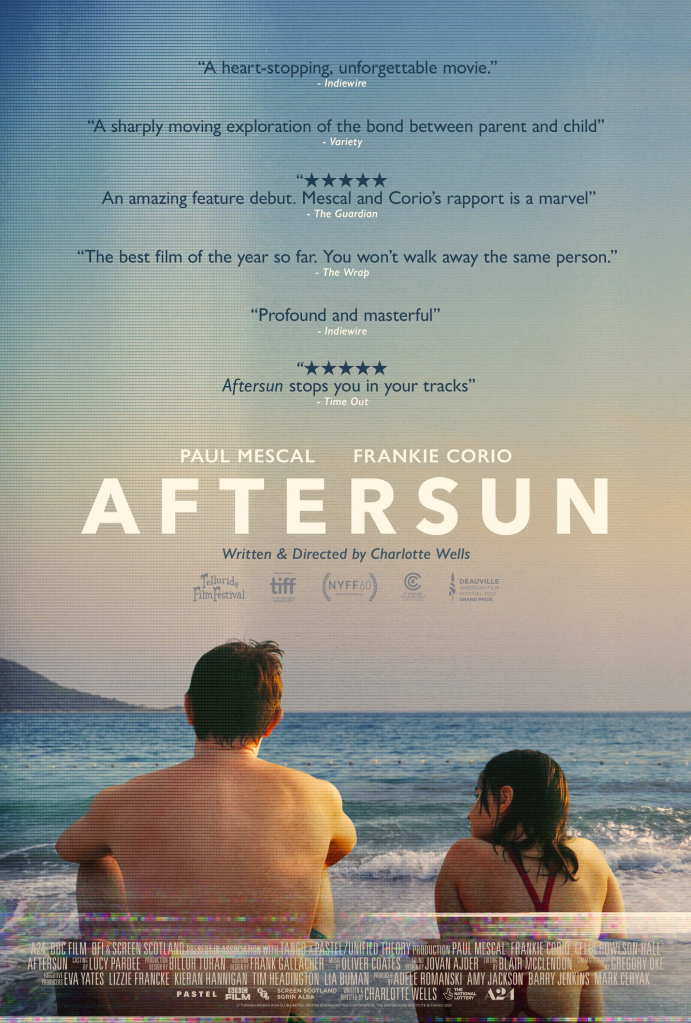
Kazuo Ishiguro is famous for his ‘unreliable narrators’, central protagonists that tell their tales in such a way that you can’t be sure that what the story they are relating is true or manipulated to protect their side of it (most famously in the Remains of The Day, and a Pale View of Hills). Thus his seemingly simplistic narratives are riddled with undercurrent, red herrings and blind alleys, although none of them are crime stories.
In this he sets up perhaps his most unreliable narrator of all, because the narrator isn’t even human, she’s an Artificial Friend (AF), or, technically, a robot. She has been created through robotics, for sure, and powered by AI to act as a companion for rich kids of the future who live lonely existences in what is a privileged but fairly nihilistic lifestyle.
You’d think that, as a robot, she wouldn’t have emotions, but she does, and these develop as the novel does (that’s AI for ya!). The keenest of all, the hardest to describe and the least reliable of them all, is love. Not romantic love, but familial and caring love. The love of a devoted nurse, or ‘Agape’ (the love of God for Man and Man for God).
In the beginning Klara is for sale in an AF shop and we learn that she is acutely observant, the best AF The Manager of the shop has ever had in fact, despite the fact that she’s a lowly AF2. The far more advanced AF3’s are bossing the sales charts and she’s in danger of being remaindered – something this novel never will be.
Despite her lower spec something about Klara resonates with Josie, a silly teenager, who has her eye on her and the first part of the book is a cat and mouse relationship that results in Klara eventually being sold to The Mother of Josie. All characters are capitalised by Klara and referred to in the third person throughout. The same applies to The Sun.
Part two (of six) sees the unfolding of a love story between the increasingly poorly Klara, her platonic boyfriend Rick, who has lived next door since childhood, The Mother and Klara.
Gradually the significance of The Sun unfolds and its role in the story. In the simplest of terms Klara is solar powered so needs The Sun for energy but in the book The Sun is also God and Klara believes The Sun has the power to make Klara well again. How she became unwell is not revealed for some time but is an important part of the story as it is a consequence (and a risk) of creating her elevated position in the novel’s society.
It’s futuristic, but not terribly so. This is part of Ishiguro’s skill in that he creates a science fiction setting (rather like in Never Let Me Go) without going all flying cars on us. It’s no Blade Runner. Rather, Ishiguro uses science fiction merely as a means of lifting his astounding character studies into a heightened sense of reality, so that he can play with language, allegory and emotion (or a form of it) that would be impossible in a conventional setting.
The richness of Klara’s characterisation is impossible to overstate. Despite her fairly rudimentary language and her unsophisticated emotional range he succeeds in creating a protagonist that the reader falls in loves with and feels every bump of her personal road as she tries to navigate life in a heartless, selfish, frankly dystopian society. A society where, a subtle subplot suggests, fascism is waiting to spring into life, that would probably manifest itself in some form of Krystalnacht that lies two or three hundred pages into an extended version of the book.
This almost reads like a Young Adult novel, it’s incredibly pacy if you want it to be, but I found myself going back and forth making certain that I’d grasped the significance of many of the scenes and themes in the book: love, hate (in the form of fascism and societal exclusion), a dying planet, religion and the role of God in a secular society.
It’s bursting with ideas, with energy, with pathos and for me stands as Ishiguro’s greatest achievement yet in a canon of work that few can match (that’s why he’s a Nobel Laureate).
Your children could read and enjoy this, you could simply take it at face value and enjoy this, or you could take a little more time and really love it.
Love, after all, is what we are all surviving and striving for.
One last point. I cannot wait for this to be interpreted in movie form.
.







